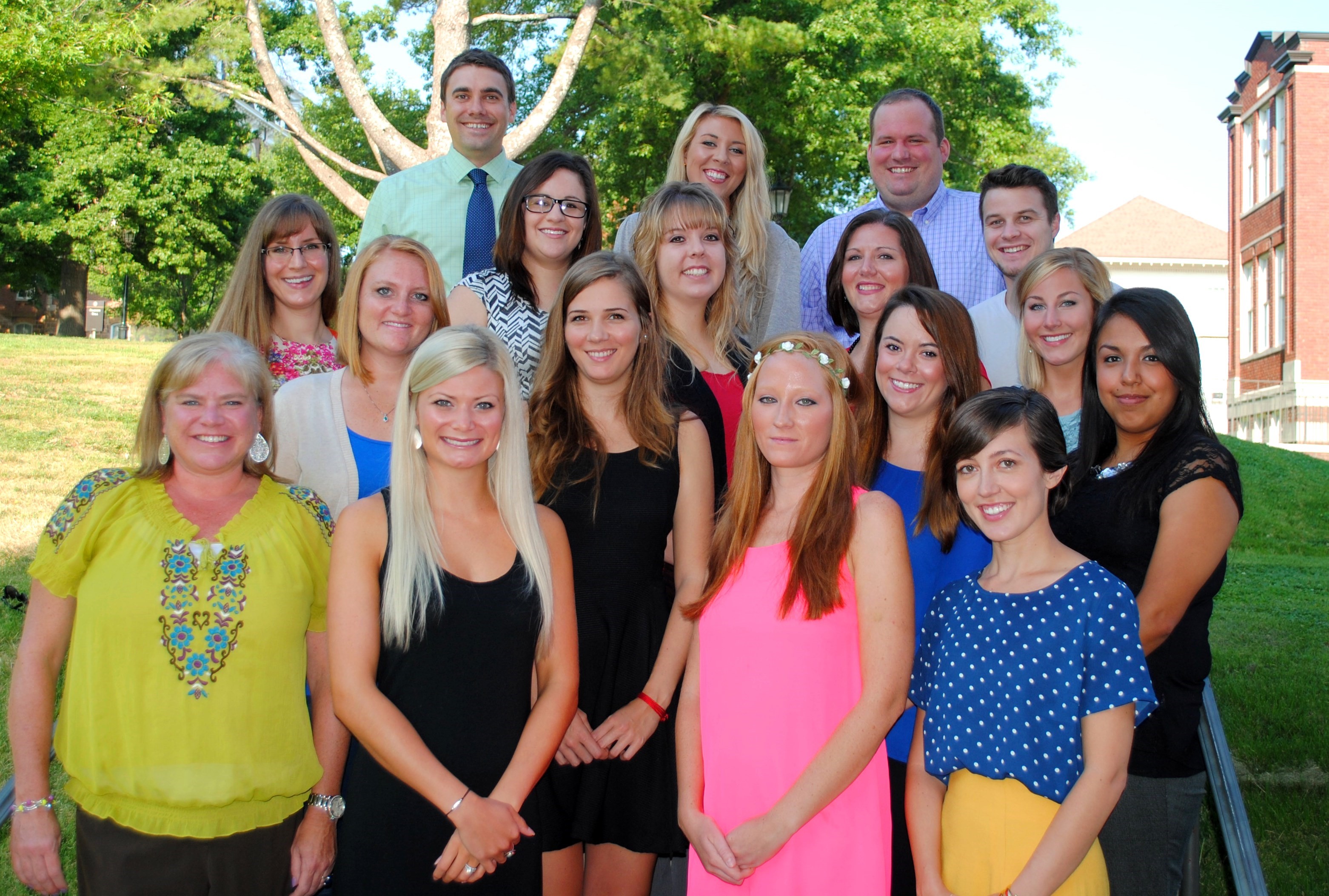FAYETTEVILLE, Ark. – The University of Arkansas saw success in a high school career and college coaching program as evidenced both by data collected and personal stories of the students served.
University of Arkansas graduate students studying counselor education have been working for three years at area high schools, providing college and career planning services to students. The program, dubbed Razor C.O.A.C.H. for Creating Opportunities for Arkansans’ Career Hopes, is reporting success based on the results of a survey administered to the high school students and the students’ comments about how the program helped them.
“Students and school administrators are telling us about their successes in getting into college and how their coaches have helped them figure out what they want to do and how to get there,” said Josh Raney, director of the program. “We are also collecting data that show a positive effect on the students enrolled in the program, meaning they are better prepared for life after graduation and more likely to be successful in college or their chosen career field.”
The U of A graduate students also have been successful in job searches after graduation. Five from the first year of the program are now employed as school counselors in Northwest Arkansas.
The program is serving 615 high school students at 15 schools this year, and it has served a total of 1,064 students over three years. The coaches focus on helping students develop behavior that improves their academic performance and increases their self-awareness. The coaches also help students explore career and college options and establish goals. The program’s goals are to increase graduation rates and post-secondary enrollment and to improve the quality of the Northwest Arkansas workforce.
Once applications from students and their parents have been accepted, the students complete a survey with questions about academic self-efficacy, outcome expectations, perceived barriers and goals. Coaches use the results of the survey, information from the program applications and information from the students’ teachers and counselors to guide them in working with the students. They help the students prepare for college entrance exams and apply for financial aid for college, and the coaches work with them to build various skills, learn time-management methods as well as strategies for studying and taking tests.
The students are surveyed again at the end of each school year, and the results are compared to a similar survey administered to students in the same schools who are not enrolled in the Razor C.O.A.C.H. program. The results from the end of the 2013-14 school year showed that students who received the program services gave more positive answers than students who were not in the program. The students in the program said they received support in making future plans for college, including applying for college, understanding admissions requirements and paying for college, while the students not in the program did not respond as positively when asked the same questions.
The survey showed 34 percent more of the students in the program felt supported in regard to making future plans for college when compared to their peers who were not in the program. Another 23 percent more of the students in the program said they were being held accountable for their actions in high school and in making future plans when compared to their peers not receiving services.
“Based on the survey results, we project the true benefit of the program’s services will be clear in the program’s third-year evaluation,” Raney said. “We believe these results will translate to greater academic success in the coming years.”
Students reported improving their ACT scores and being awarded scholarship funding. A student at Greenland High School raised her ACT score enough to receive the Arkansas Governor’s Distinguished Scholarship and the Chancellor’s Scholarship to attend the University of Arkansas.
An Elkins High School student did not plan to attend college even after being offered athletic scholarships because she felt college was not for her. Her Razor Coach discussed the benefits and opportunities available to her and helped her set goals for education after high school. The student decided to accept a full athletic scholarship to North Arkansas College in Harrison, where she will play basketball.
About the program: Razor C.O.A.C.H. is a collaboration between the College of Education and Health Professions at the U of A; the Northwest Arkansas Council; the Walton Family Foundation, which provided $1.5 million over the three-year period; and Northwest Arkansas school districts and the education service cooperative.
About the University of Arkansas: The University of Arkansas provides an internationally competitive education for undergraduate and graduate students in a wide spectrum of disciplines; contributes new knowledge, economic development, basic and applied research and creative activity; and provides service to academic and professional disciplines and to society in general, all aimed at fulfilling its public land-grant mission to serve Arkansas and beyond as a partner, resource and catalyst. The Carnegie Foundation classifies the University of Arkansas among only 2 percent of universities in America that have the highest level of research. Founded in 1871, the University of Arkansas comprises 10 colleges and schools and offers more than 200 academic programs. The university maintains a low student-to-faculty ratio of 19:1 that promotes personal attention and mentoring opportunities. U.S. News & World Report ranks the University of Arkansas 63 among the 623 American public research universities, and the university’s goal is be top 50 by the celebration of its 150th anniversary in 2021.
Topics
Contacts
Josh Raney, director, Razor C.O.A.C.H.
College of Education and Health Professions
479-575-3138,
Heidi Wells, content writer and strategist
Global Campus
479-879-8760,
